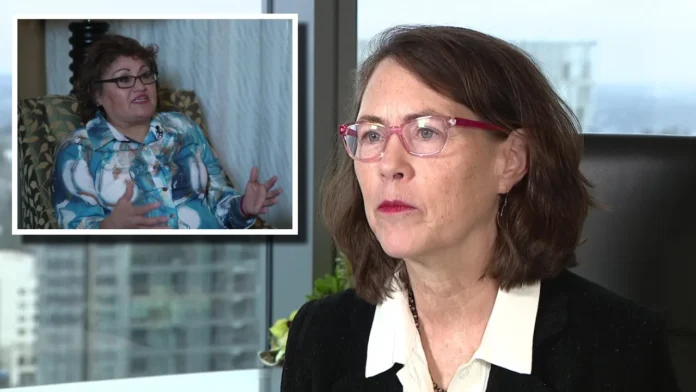SEATTLE, Washington – As soon as Donald Trump takes the oath of office as President, he’s expected to announce a series of major changes to U.S. immigration policies. These changes, which officials in his incoming administration have outlined, aim to tighten the rules around immigration.
One of the most controversial plans involves ending birthright citizenship, a policy that grants U.S. citizenship to anyone born on American soil. This right is part of the 14th Amendment to the Constitution, which clearly states that anyone born or naturalized in the U.S. is automatically a citizen.
However, not everyone agrees with this policy. Critics, especially some conservatives, argue that it encourages “birth tourism,” where people from other countries come to the U.S. just to have children who automatically become citizens.
Diane Butler, an experienced immigration lawyer with 30 years of practice at Davis Wright Tremaine, said changes like these could bring massive legal and logistical challenges. To change or abolish birthright citizenship, the U.S. would need to amend the Constitution, a lengthy and complicated process that requires the support of two-thirds of both the House and Senate, as well as three-fourths of the states.
If birthright citizenship were removed, Butler explained, it would fundamentally change how citizenship is determined in the U.S. Birth certificates might no longer serve as proof of citizenship, and a whole new system would have to be created to verify who qualifies as a citizen. This could lead to years of legal battles and might even reach the Supreme Court.
The phrase “subject to jurisdiction,” used in the 14th Amendment, is another point of debate. Some conservatives argue that it should exclude children of undocumented immigrants from citizenship. But Butler emphasized that undocumented individuals are subject to U.S. laws, including criminal and immigration laws, making the argument legally questionable.
For families like Dora Poqui’s, these potential changes are deeply personal. Dora, a U.S. citizen living in Washington State, is married to an undocumented immigrant from Mexico. Her husband has been by her side for a decade, helping raise her six children and their grandchildren. But every day, she fears he might not come home from work because of his immigration status.
Dora’s family has strong roots in the U.S. Her father was born in Mexico, and her grandparents once owned land in Texas before being forced to return to Mexico. Growing up, Dora worked long hours in the fields for just a few dollars a day, and she believes immigrant workers are the backbone of America.
But the threat of deportation weighs heavily on her. Her husband is diabetic and relies on insulin. Dora worries about what his life would be like if he were sent back to Mexico, where access to healthcare and opportunities are limited, especially at his age.
“We’re not here to hurt anyone. We’re not taking advantage of the system. We work hard, and we contribute to this country,” Dora said. Still, she lives in constant fear that her family could be torn apart.
Her niece, who was born in Mexico, often calls Dora, sharing her fears about being separated from her children. Even though the niece’s U.S.-born kids are citizens, the uncertainty surrounding immigration policies is deeply unsettling for her and others in similar situations.
Dora holds on to hope despite the challenges. She recalls what her husband told her the night the election results came in: “He’s just a man. If we live in fear, he wins. Let’s stand together and fight for what’s right.”
The road ahead won’t be easy, but families like Dora’s are determined to keep fighting for their place in a country they’ve worked hard to call home. As Diane Butler put it, any changes to immigration laws must consider the humanity of the people affected and aim for real, compassionate solutions.





